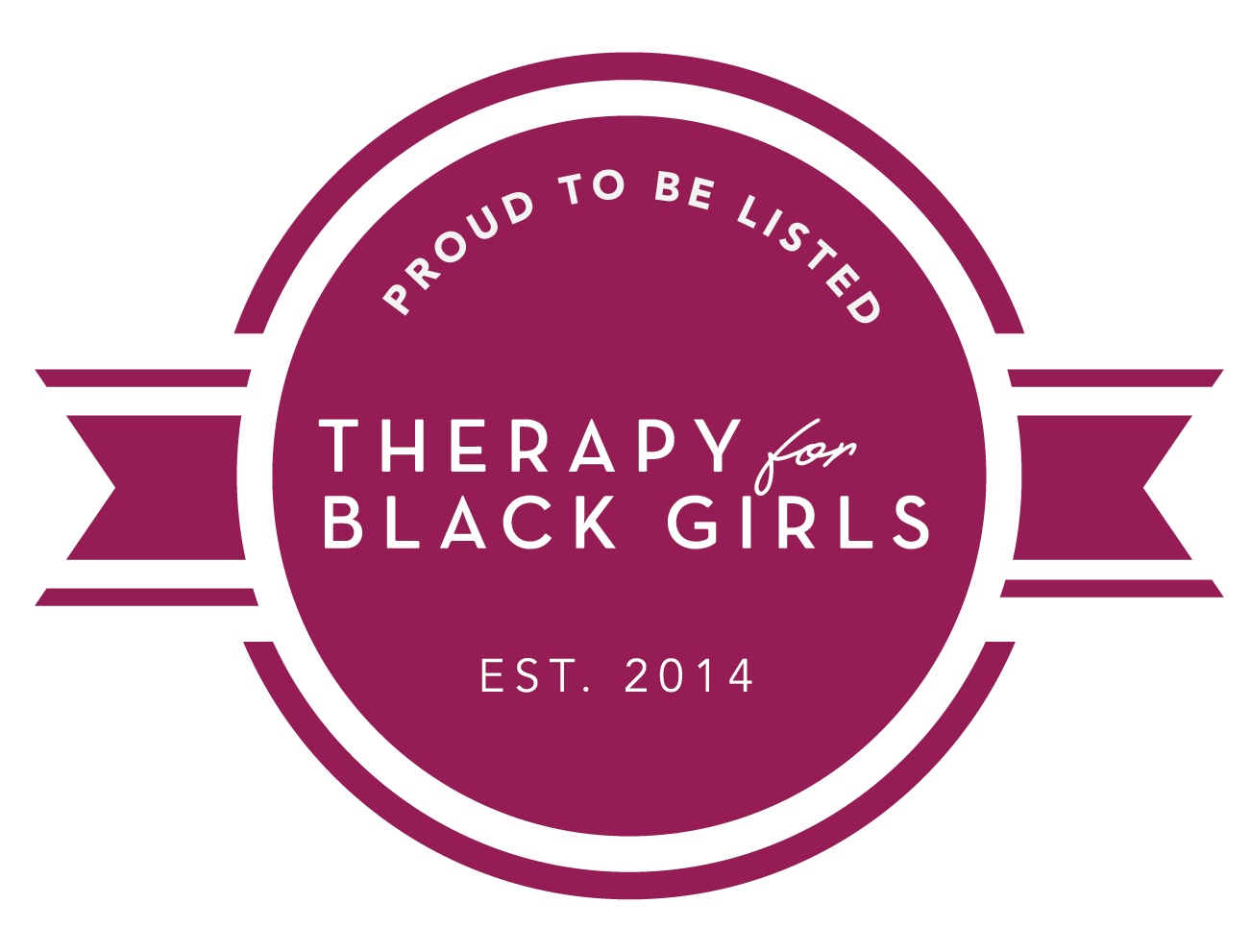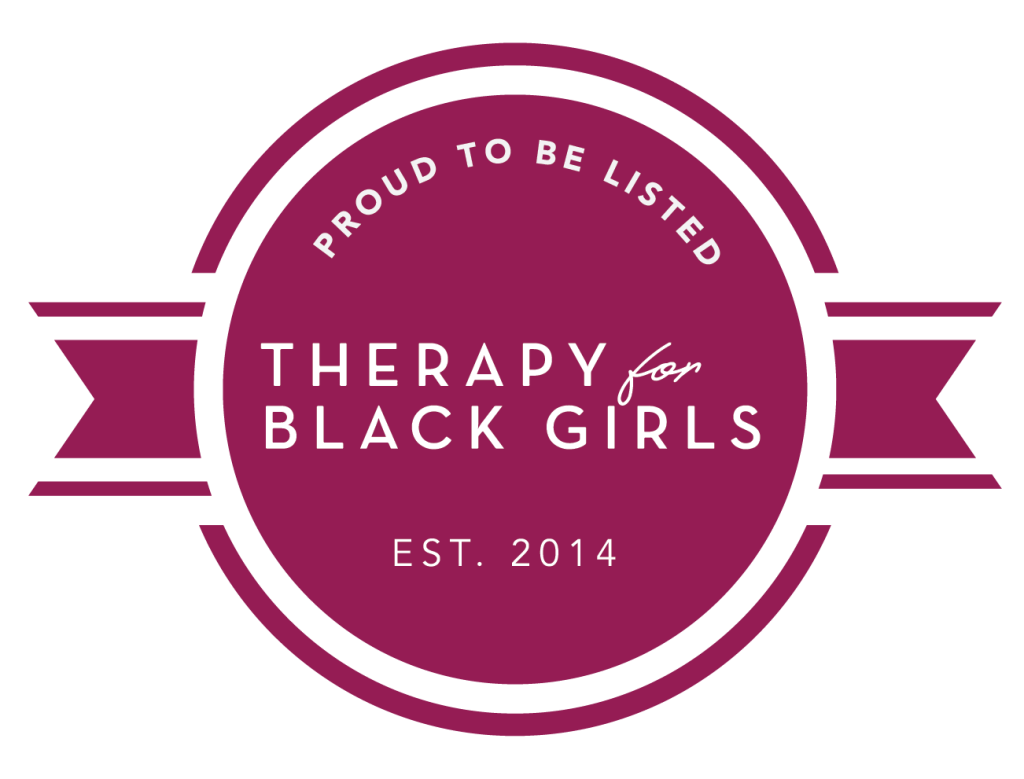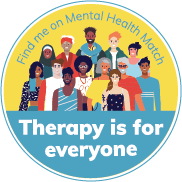FAQ
How can therapy help me?
1. Emotional well-being: Counseling provides a safe and supportive environment where you can explore and express your emotions. It helps improve your overall emotional wellbeing by addressing issues such as anxiety, depression, stress, grief, or trauma.
2. Problem-solving and coping skills: Counseling equips you with effective problem-solving techniques and healthy coping mechanisms. It assists you with managing conflict, and navigating life's challenges more effectively.
3. Self-Exploration and personal growth: Counseling offers an opportunity for self-reflection and self-discovery. It can help you gain insight into your thoughts, feelings, and behaviors, leading to personal growth, increased self awareness, and a better understanding of yourself.
4. Relationship Improvement: Counseling can enhance communication and relationship skills, whether with your partner, family, or friends. It provides a space to work through conflicts, improve boundaries, and foster healthier connections.
5. Managing mental health conditions: For individuals living with mental health conditions like anxiety disorders, depression, bipolar disorder, or others, counseling can be an essential part of treatment. It compliments medications and helps develop strategies to manage symptoms and promote well-being.
The better question is, are you experiencing emotional distress?
If yes, are you experiencing persistent feelings of sadness, anxiety, anger, or hopelessness?
If these emotions are interfering with your daily life, relationship, work, and overall well-being, counseling would be beneficial.
Seeking counseling doesn't mean you're weak or flawed. It's a proactive step towards taking care of your mental health and overall well-being.
Therapy is a space for self-discovery, personal growth, and learning effective strategies to manage life's challenges. It is a process in which you work with a trained mental health professional to address and manage emotional, psychological, or behavioral challenges. The experience can vary depending on the type of therapy and the therapist's approach, but here's a general idea of what therapy might be like:
1. First Session: In the initial session, you and the therapist will get to know each other. You'll discuss your reasons for seeking therapy, your goals, and your background. The therapist might also explain their approach and what you can expect from the process.
2. Open Communication: Throughout therapy, you'll have the opportunity to talk openly and honestly about your thoughts, feelings, and concerns in a safe and nonjudgmental environment.
3. Active Listening: The therapist will actively listen to what you're saying, helping you explore your thoughts and emotions more deeply. They might ask questions to guide the conversation and encourage self-reflection.
4. Collaborative Process: Therapy is a collaborative effort. You and the therapist work together to identify patterns, understand underlying issues, and develop strategies for managing challenges.
5. Skill Building: Depending on the type of therapy, you might learn specific skills to manage stress, improve communication, cope with anxiety, and more.
6. Exploration: Therapists help you explore your feelings, behaviors, and thoughts to gain insights into the underlying causes of your challenges.
7. Goal Setting: You'll work with the therapist to set realistic and achievable goals for your therapy journey.
8. Feedback and Support: The therapist will provide feedback, offer insights, and support you as you make progress toward your goals.
9. Confidentiality: Therapy sessions are confidential, which means what you discuss with the therapist is private and won't be shared without your consent, except in cases where there's a risk of harm to yourself or others.
10. Duration: The number of sessions needed varies. Some issues might be addressed in a few sessions, while others could require longer-term therapy.
Yes, I accept Aetna, Anthem, Cigna, Oxford, Oscar Health, and United Healthcare. I do not accept Medicaid or Medicaid HMOs (e.g. Anthem Medicaid, United Healthcare Medicaid, etc.). If I accept your insurance I would be considered an in-network provider with your insurance company. Your sessions will be billed to your insurance company. You will be billed after insurance processing for your copay or deductible, if any.
Services may be partially or fully covered by your insurance company based on the specific plan you selected. For questions or concerns regarding coverage, it can be helpful to contact your insurance company directly prior to scheduling your initial visit.
Questions to ask your insurance provider:
- Is mental health services included in my insurance plan?
- What type of mental health professionals are covered under my plan?
- Are there any limitations on the number of sessions covered per year?
- What is my yearly deductible amount? Have I reached my deductible?
- What are the copayment and coinsurance amounts for mental health services?






